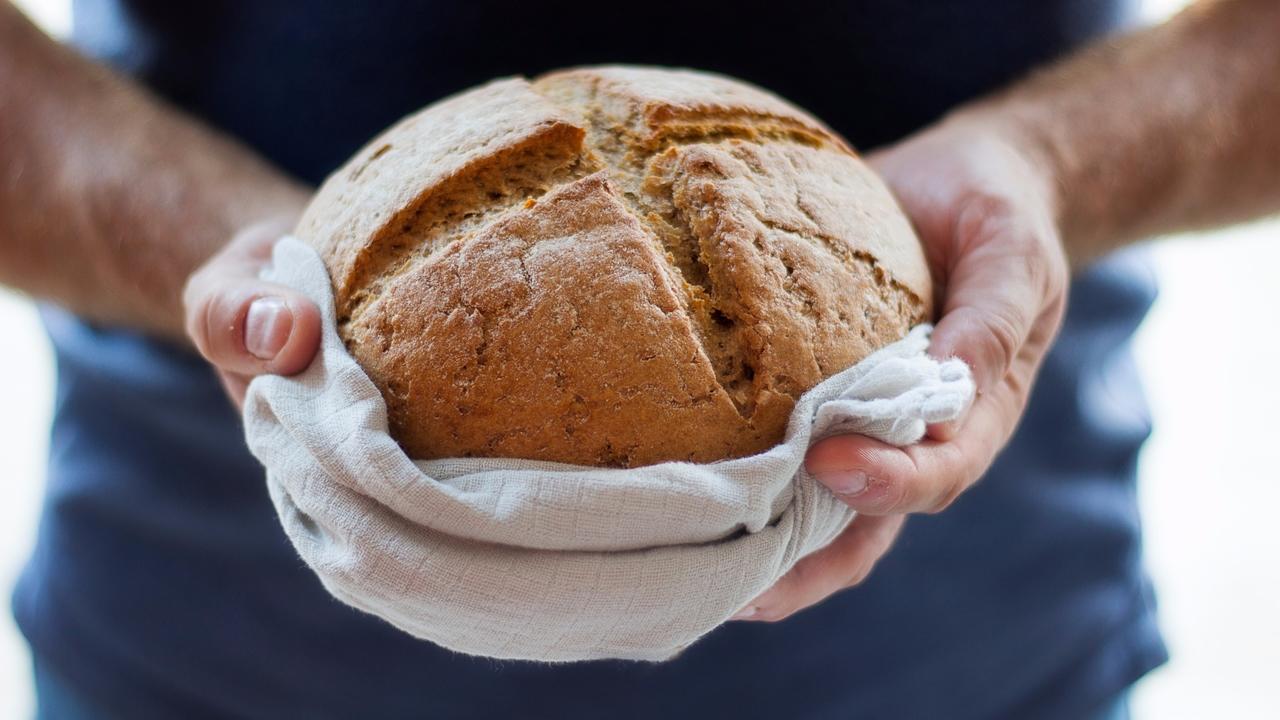Top 5 Mistakes When Starting a Cottage Food Business

If you have an idea for a food business, but aren’t sure whether the market is there to support your new venture, starting off in your kitchen may be a great place to begin. Using your home kitchen is a cost effective way to produce your product and gauge consumer response.
However, you can’t just start making and selling food out of your kitchen. Most states have strict laws regarding home kitchens, which is why it’s important to know the rules before you begin cooking. So let’s talk about the mistakes you should avoid when launching a home-based food business.
1. Knowing the difference between FDA law and State & Local Law
If most circumstances if you are not selling your product across state lines, then you aren’t subject to FDA regulation. However, if you import food products, sell online or ship food out of state, then you must register as a food facility with the FDA. Even if you are exempt from FDA oversight, remember you will still need to comply with your state and local health department regulations.
2. Not Setting up a Business Entity
While you are not required to set up an entity to operate a cottage food business, I can’t stress enough the importance of doing so. If you are operating your business as a sole proprietor, meaning you are running the business without setting up an LLC or other type of entity, you putting your personal assets at risk.
Because the food industry is held to a strict liability standard, even if you do everything possible to make your products as safe as possible, but they got someone sick or injured, you are liable regardless. This is why it is important to separate your business assets from your personal assets. This can be done by forming an entity for your business, such as an LLC or corporation. So in the event someone sues you, they can only go after the business assets, not your personal assets, such as your house, car or personal bank accounts.
3. Reviewing Zoning Rules
You may qualify under the cottage food law to operate a home kitchen, but that doesn’t mean you can just go ahead and set up shop. Most cities and towns have local zoning ordinances that place restrictions on the appearance of your home, impose traffic restrictions, and prohibit certain nuisances. Some zoning codes will prohibit many types of businesses from operating in residential areas. Make sure to check before you invest in you new venture.
4. Knowing Where You Can and Cannot Sell
Many new food entrepreneurs forget that cottage food laws usually restrict where home-based business can sell their product. Typically, sales are limited to farmer’s markets, bake sales or charity events. Usually sales to other businesses, such as grocery stores, wholesalers and restaurants, is prohibited.
5. Not Properly Labeling Your Product
I cannot tell you how many times I’ve been to farmer’s markets or food expos and found vendors selling mislabeled products. This may not seem like a big deal, but if a product is not labeled correctly it is considered misbranded and in violation of the law. The product can be seized by regulators, you can be forced to destroy your misbranded product, and the business owner can be brought up on criminal charges.
These aren’t just scenarios, all of these have actually happened. Don’t let something as simple as labeling mistakes destroy your business, take the time to review your state’s labeling requirements, it will pay off in the long run.
Starting a home-based food business can be a fun and rewarding venture. Its low cost to entry can be attractive compared to the financial investment you may need to make to operate out of a shared commercial kitchen or using a manufacturing facility. It can also be a great way to establish whether there is a market for your product before you spend significant time and resources developing your brand.
If you want to learn more about cottage food laws, please view our course How to Start a Home-Based Food Business.
The course is available only at StartupFoodBiz.com.
Stay connected with news and updates!
Join our mailing list to receive the latest news and updates from our team.
Don't worry, your information will not be shared.

